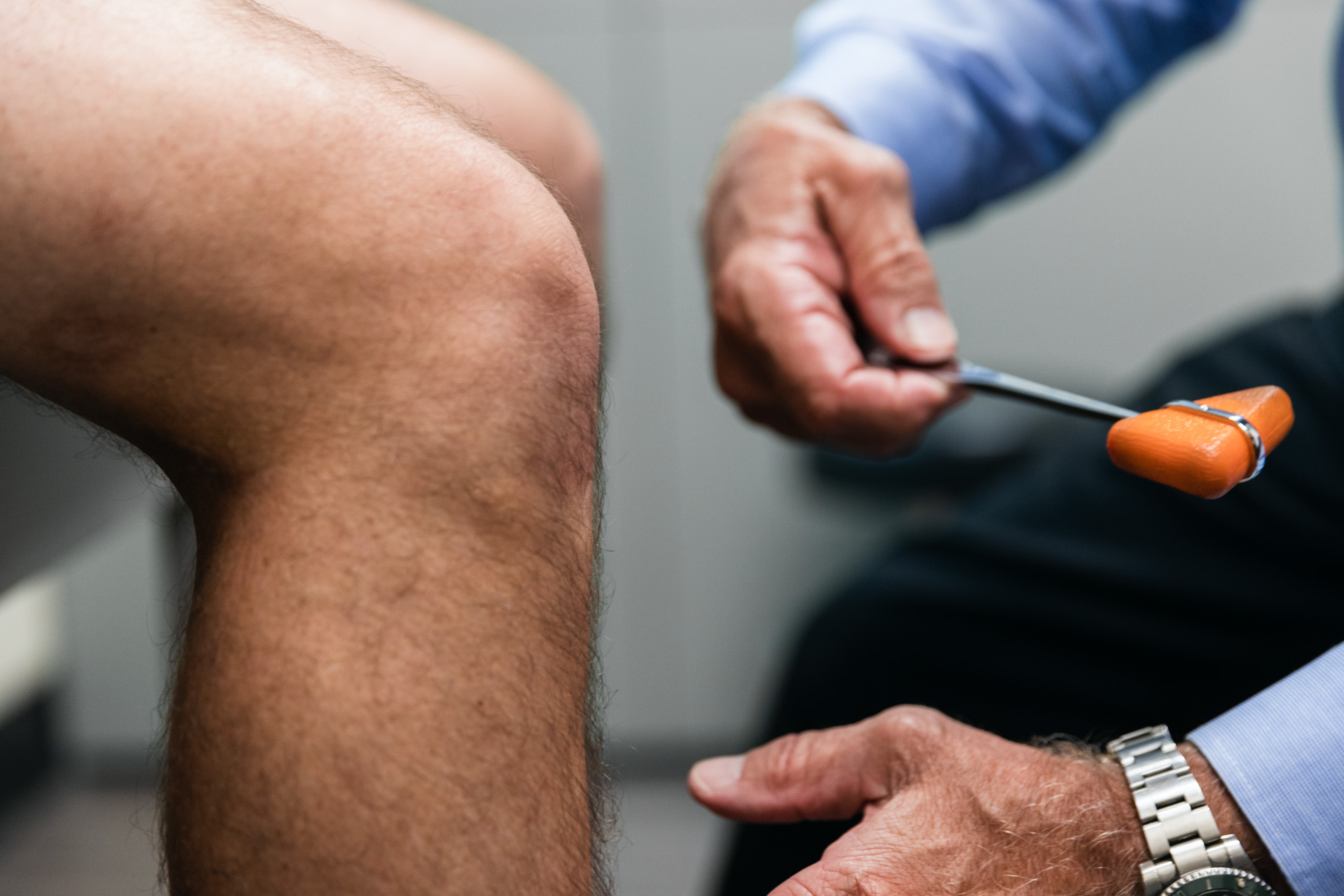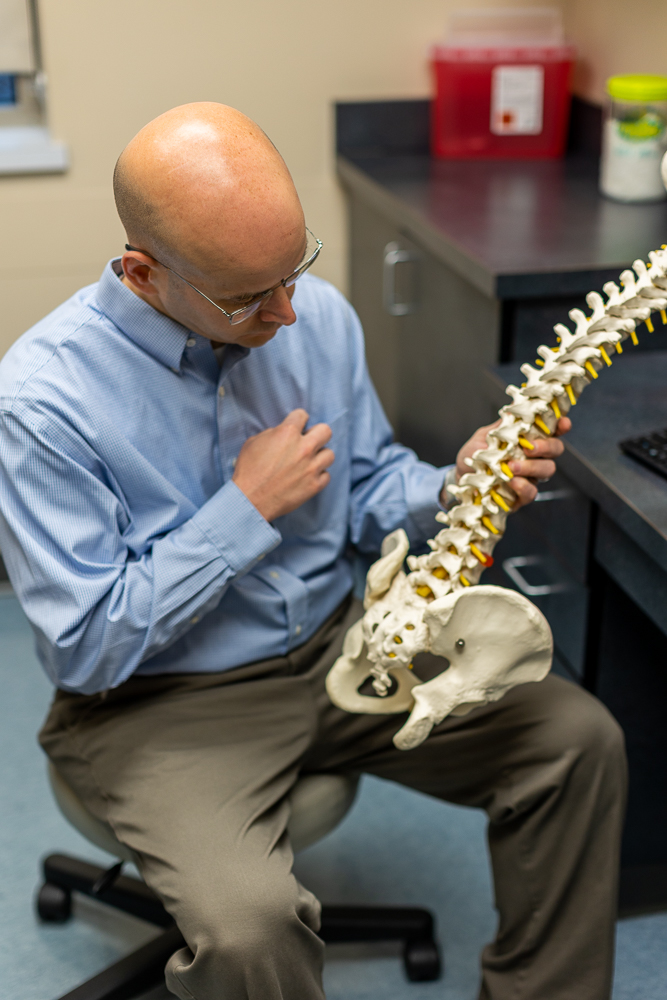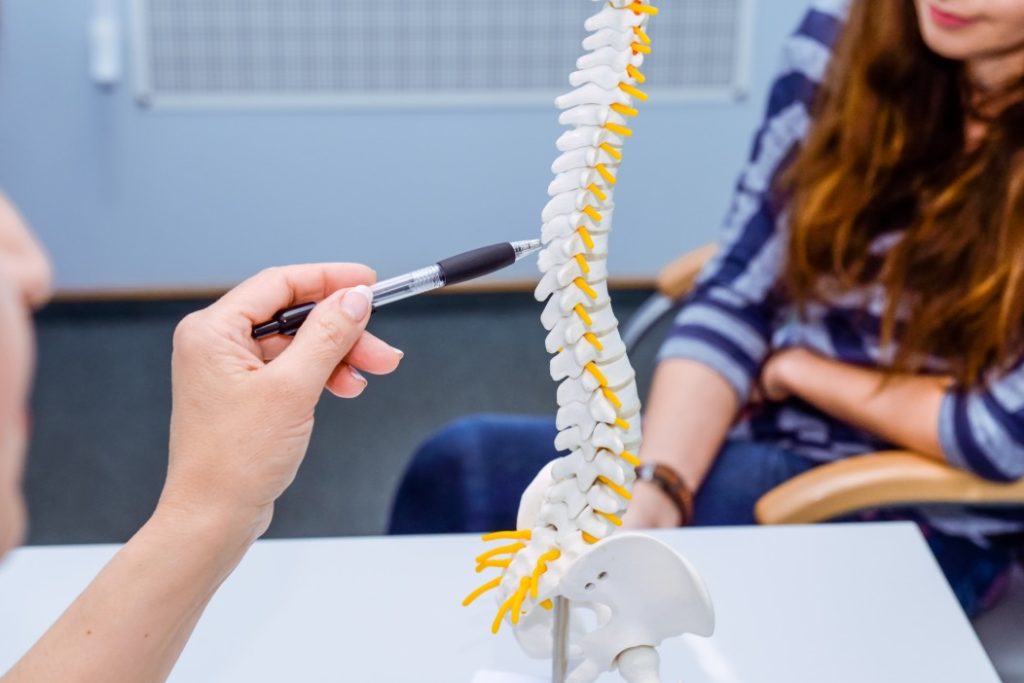
Your knee is the largest joint in your body, but it’s also one of the most vulnerable. In fact, millions of Americans—from all age groups—visit primary care every year to treat both sudden acute injuries and chronic knee pain.
Why are your knees so susceptible to injury? As advocates for patients’ long-term health, Kansas City Orthopedic Alliance has some insight that patients can utilize to better understand how knee joints function. Read on to learn more, and feel free to request an appointment with a knee specialist in Kansas City if you’re currently experiencing knee pain!
Structure & Stress
Because the knee is a hinge joint, there’s less bony support offered than say your hip joint, which is a ball and socket type of joint. Hinge joints primarily rely on soft tissue to provide stability, leaving it less protected than other areas.
Your knee also supports a significant amount of body weight as a hinge joint between the two largest bones in your body. Regular movements like standing and walking put varying levels of stress on the joint, which can cause wear and tear over time. This stress only increases with more sudden forces like running or jumping, or when you lift and carry heavy objects.
Rotation
When you bend and straighten your knee, there is a small amount of rotation that occurs at the joint—which allows the movement to occur smoothly. The joint itself isn’t built to handle a significant amount of rotation. The knee’s primary functions are to bend and straighten, which it can do up to 150 degrees (the equivalent of touching your calf to your hamstring).
Because the knee joint’s primary movement is bending and straightening, significant forces applied in rotation often lead to injuries. Twisting the knee while you have weight through the joint is a common mechanism of injury.
Searching for Knee Specialist in Kansas City? Contact KCOA Today!
At Kansas City Orthopedic Alliance, we make it our mission to create a superior patient experience for all. Regardless of the location or severity of your knee injury, our team will work with you to ensure the best possible outcome.
Request an appointment with one of our providers to find the best treatment option for your needs. You can also receive a thorough evaluation by calling (913) 319-7600 or by using our symptom tracker tool. If you have any additional questions or comments, feel free to fill out our contact form to get a prompt response from a KCOA representative.


